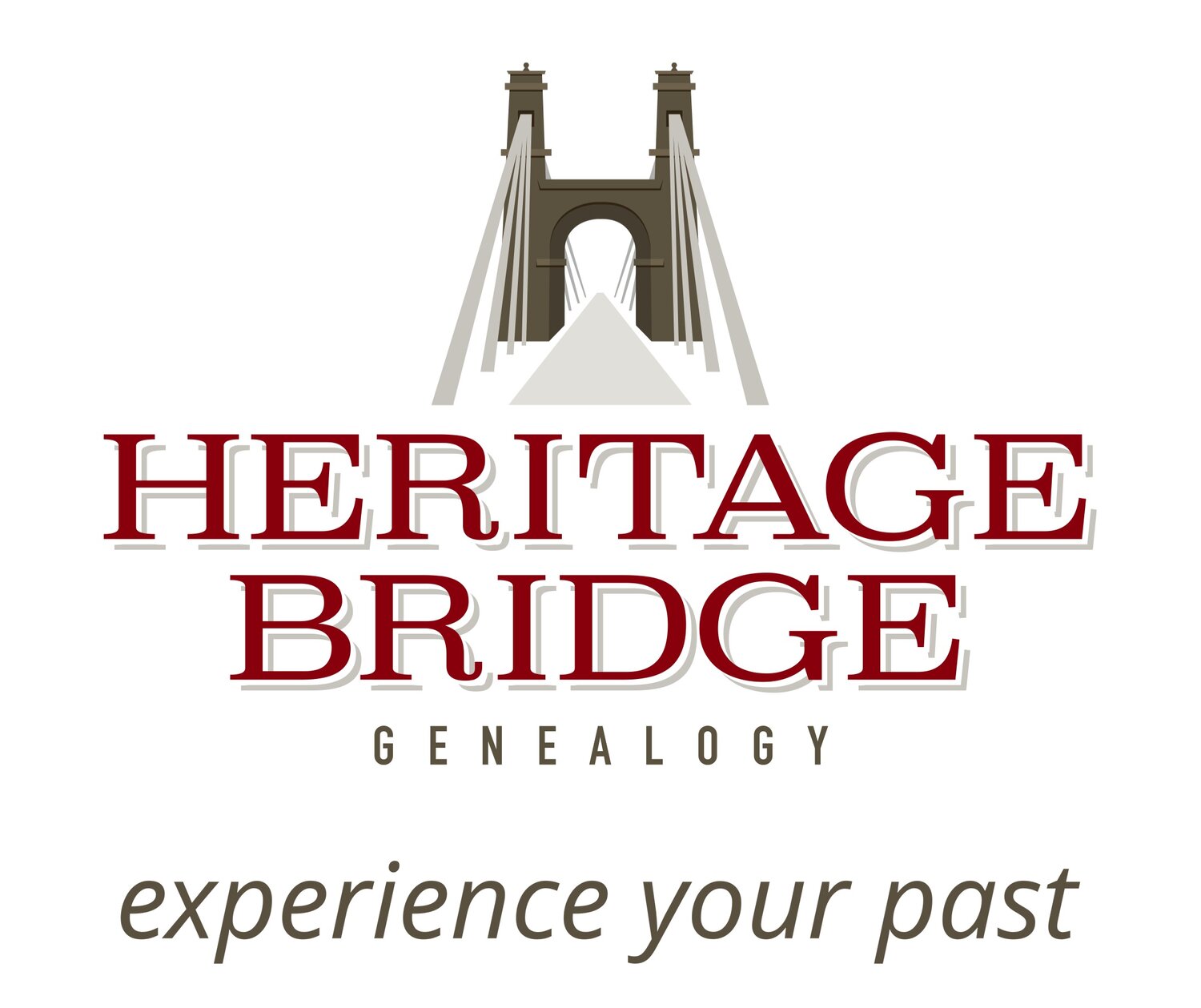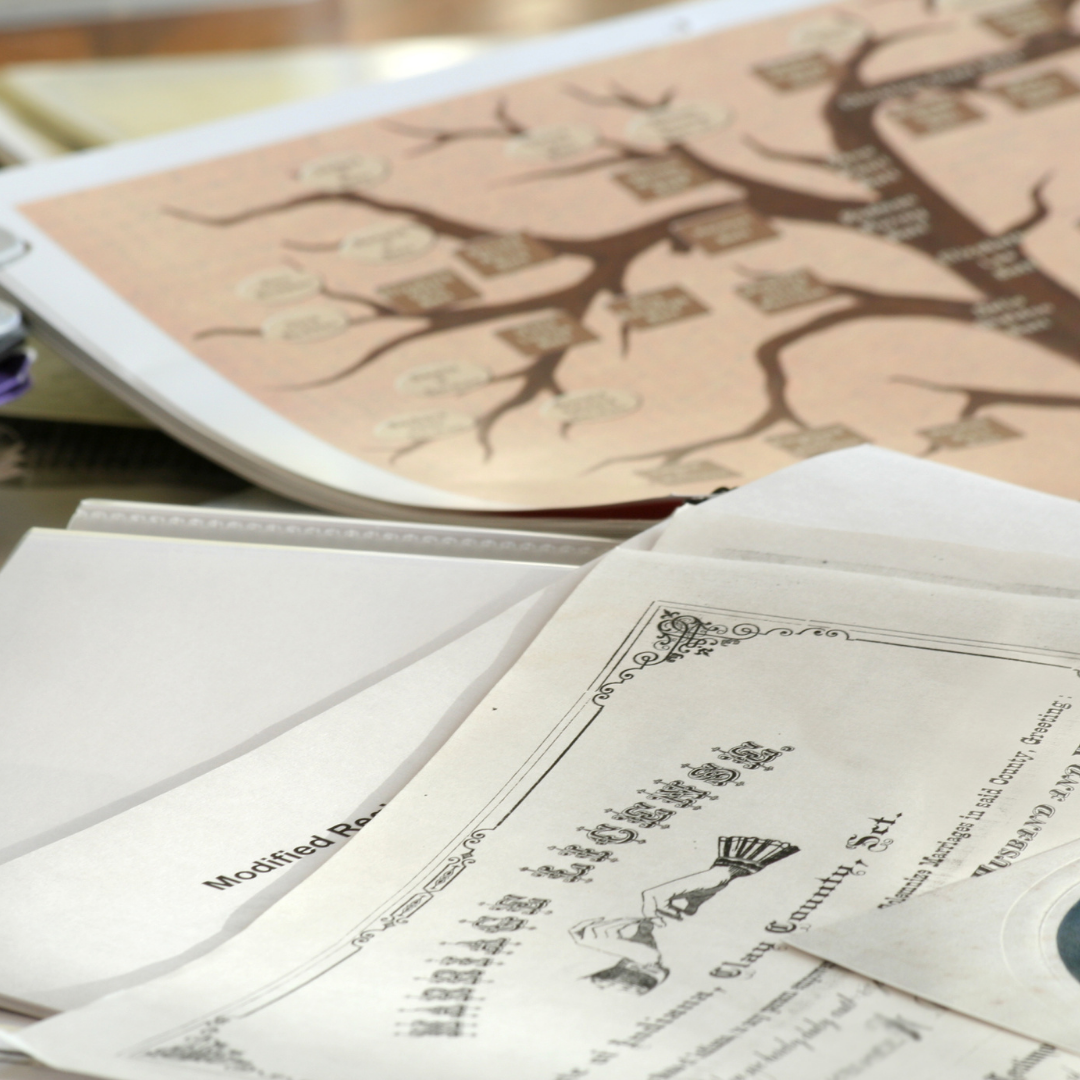How is forensic genealogy different from traditional genealogy? 3 reasons why.
What image comes to mind when you think of forensic genealogy? Some might imagine a legal team dusting for fingerprints off an antique family heirloom or interpreting old files linked to a murder. While these seem like episodes from CSI, Bones, or NCIS, they’re not too far off but include less drama and of course, not as outlandish. Or you may belong to a large population who don’t know what forensic genealogy is, and that’s okay too. It can be confusing to understand, especially when many definitions associated with genealogy exist. That’s why in this article, we’ll explain what forensic genealogy is, including the main differences between forensic genealogy and traditional genealogy, to clear up any confusion.
What is traditional genealogy?
Do you want to discover who your ancestors were? Perhaps trace their line of immigration, reveal what role they played in a historical event, or even determine whether you’re eligible for dual citizenship? These are some of the tasks completed by a professional genealogist. In essence, they study family history and make connections between generations. Some of their specializations include;
Early research (for example, Colonial America)
Geographic or language specialist
Records specialist (military, probate, church, DNA)
Forensic genealogy services
As you can see, forensic genealogy is also a specialization of genealogy services. But it focuses on work in a legal context, for example, to help identify heirs for probate (an estate).
What is forensic genealogy?
Because their work contributes to legal decisions, forensic genealogists need to be highly skilled and experienced genealogists like traditional genealogists. They are also often accredited or certified and have pursued additional training at genealogical institutes.
In short, forensic genealogy IS genealogy but has a different purpose compared to traditional genealogy. For example, law firms and financial firms employ probate genealogists to identify heirs or beneficiaries to settle an estate or complete a real estate quiet title action.
Another common application of forensic genealogy involves using DNA analysis to solve unknown parentage and adoption cases, or for military repatriation of remains (identifying unknown military soldiers who died in battle). However, the duties of a forensic genealogist extend beyond these tasks, significantly differentiating their work from that of a traditional genealogist.
3 reasons forensic genealogy is different from traditional genealogy
Forensic genealogy comes forward in time
One key difference between “traditional” genealogy and forensic genealogy is the direction of the research. Traditional genealogy often begins with a living person and creates a family tree going backward, while forensic genealogy, or “reverse genealogy,” begins with the deceased and moves forward.
The types of records differ
Traditional genealogy research uses various records to trace a living person to their ancestral roots, including census, church, court, and land records. Forensic genealogists rely on more modern records such as social media profiles, online trees, people-finding databases, funeral home obituaries, and newspapers, necessary for detailed forensic genealogy services.
Although families can be complicated whether they are alive now or lived 200 years ago, a forensic genealogist must successfully navigate complicated family relationships, including multiple marriages, adoptions, stepchildren, and children born to single parents. Traditional genealogists also work to find missing children in a family, but it is especially important in a forensic case to ensure that every child is identified in case they have living descendants.
evidence for legal proceedings
Lastly, forensic genealogists must produce produce reports, family trees, or affidavits for legal proceedings. Their work involves compiling a complete picture of a family tree using both high-tech data, like DNA evidence, and low-tech data, like hardcopy family records. This thoroughness ensures their findings are fit for official reliance in probate genealogy cases and other legal proceedings.
The best part of forensic genealogy
Whether you need to locate missing heirs or establish kinship, forensic genealogy with its associated skills, records, and techniques is indispensable. As professional forensic genealogists, our team at Heritage Bridge enjoys the challenge of navigating complicated families, assembling materials for law firms, and helping to ensure rightful heirs will be known to the court.
If you need professional forensic genealogy services, especially in identifying individuals for probate, trust, real estate title, or mineral rights cases, we would love to help you at Heritage Bridge. Please schedule a free consultation to discuss your case.



